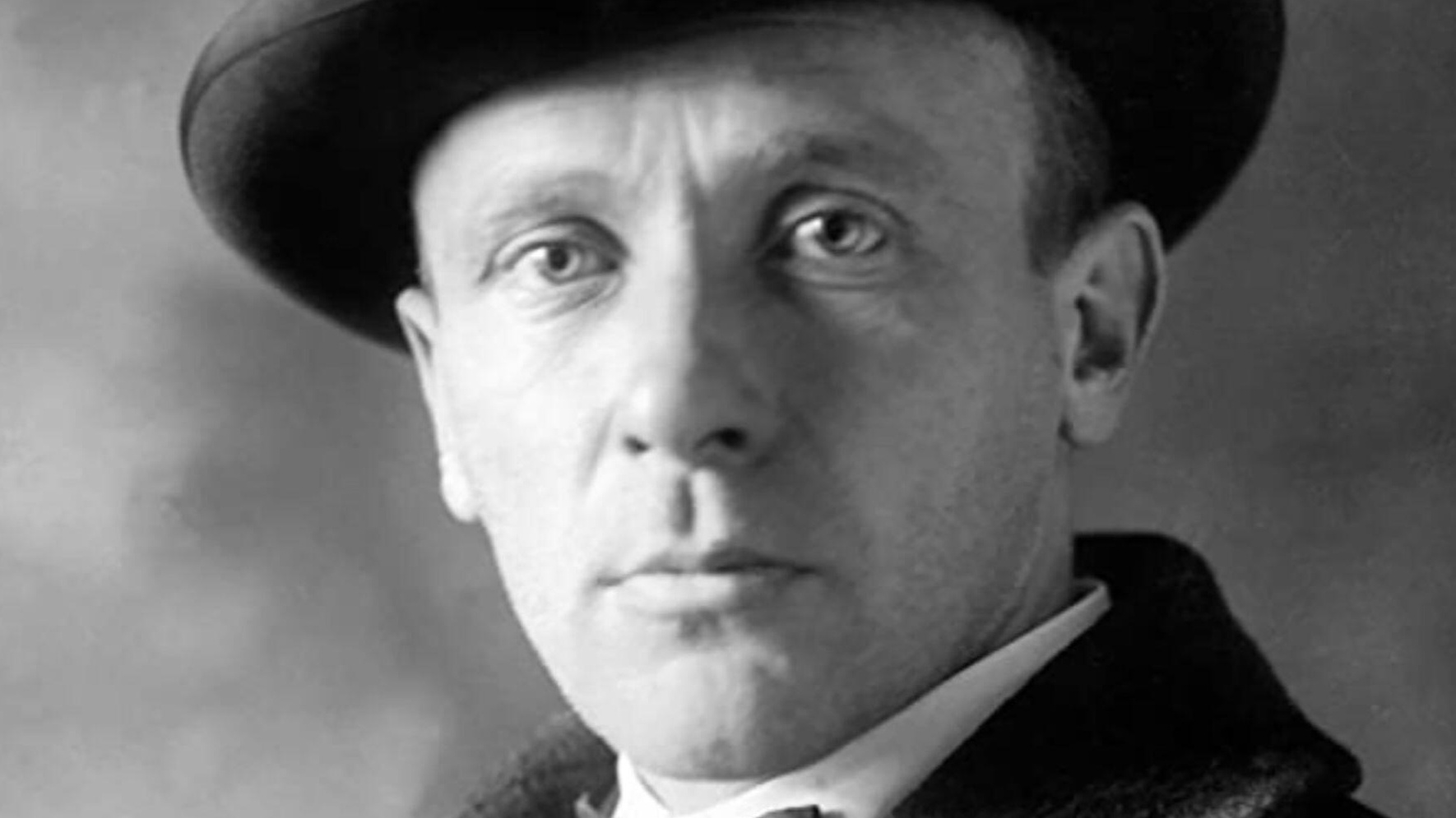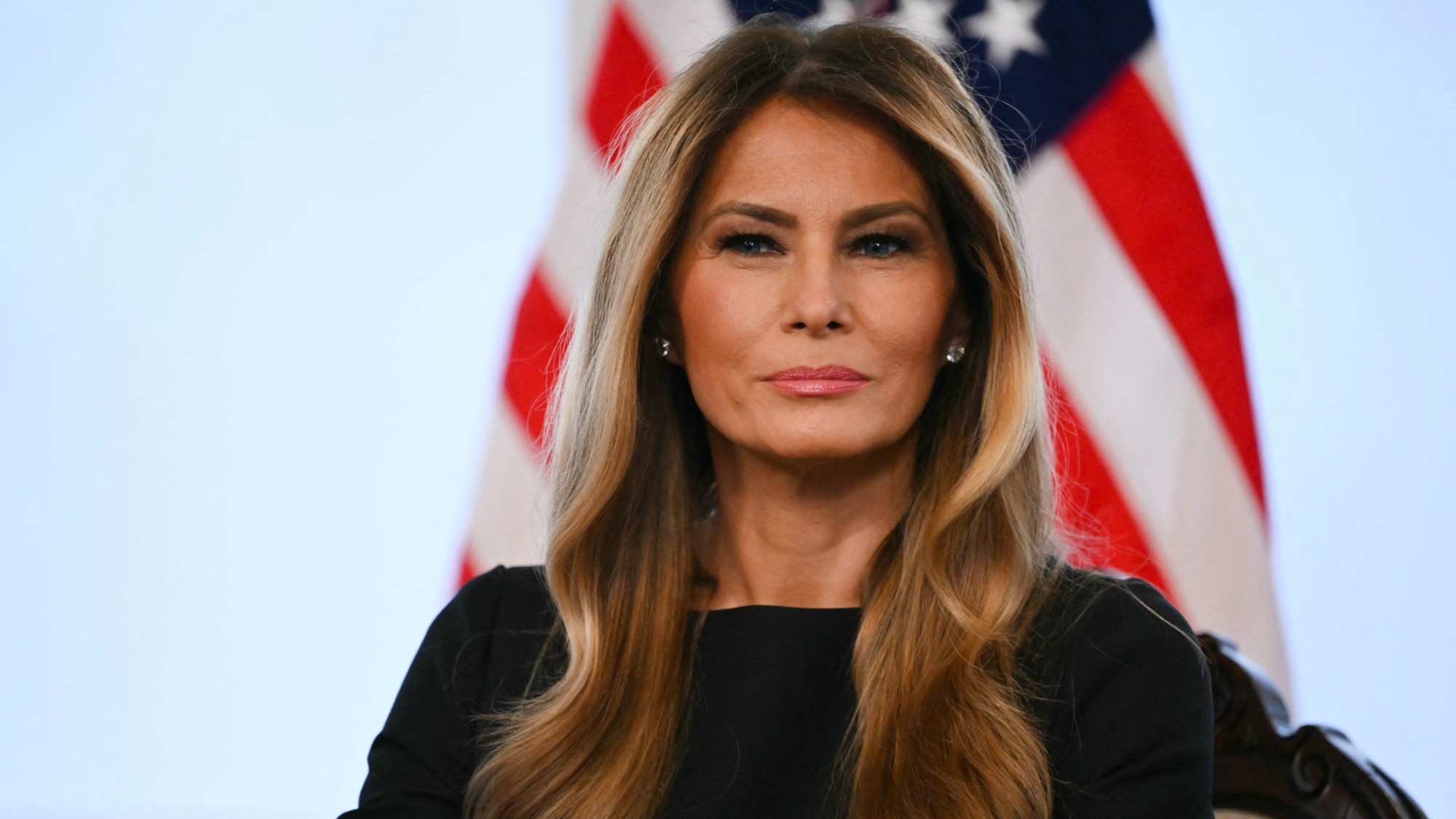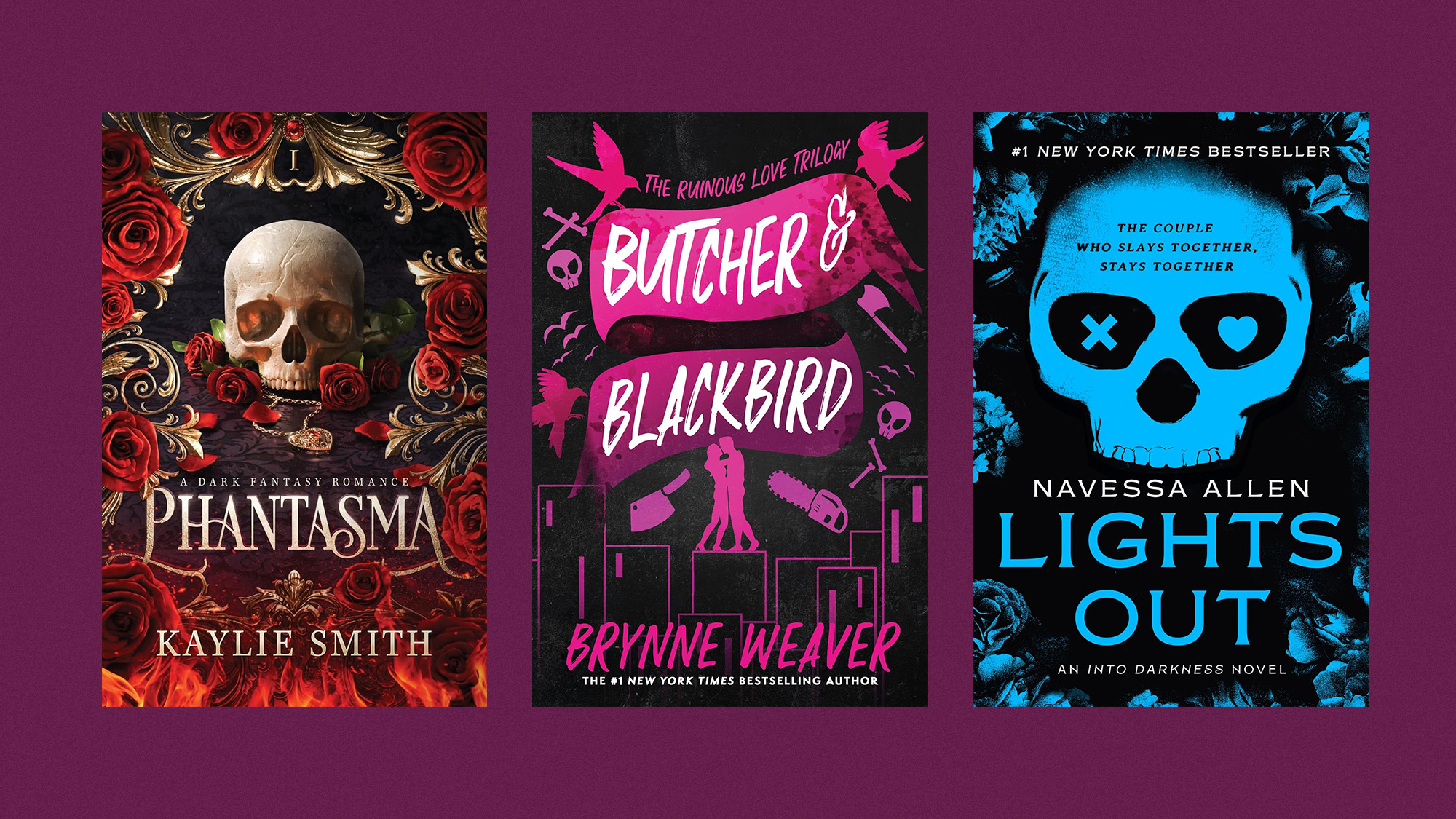The Master and Margarita: the new adaptation causing consternation at the Kremlin
Pro-Putin groups have called for the film's director to be charged as a terrorist

A free daily email with the biggest news stories of the day – and the best features from TheWeek.com
You are now subscribed
Your newsletter sign-up was successful
A new film adaptation of Mikhail Bulgakov’s anti-censorship Soviet novel "The Master and Margarita" is causing a stir at the Kremlin after it won rave reviews from Russian film-goers.
According to Bulgakov's celebrated book about the devil's visit to Stalinist Moscow, "manuscripts don't burn"; a famous phrase that has become "a shorthand for art's supposed ability to triumph over repression", said Joy Neumeyer in The New York Times. But those words are being "put to the test once again in Russia", where a new adaptation by Russian-American filmmaker Michael Lockshin has "caused a scandal".
The satirical novel, which "captured the surreal atmosphere of dark forces and mysterious disappearances in the 1930s Soviet Union", is firmly in the Russian national canon and would therefore "seem to be safe for cinematic treatment".
The Week
Escape your echo chamber. Get the facts behind the news, plus analysis from multiple perspectives.

Sign up for The Week's Free Newsletters
From our morning news briefing to a weekly Good News Newsletter, get the best of The Week delivered directly to your inbox.
From our morning news briefing to a weekly Good News Newsletter, get the best of The Week delivered directly to your inbox.
But the new film's "winking allusions to the cruelties of life under dictatorship resonate a little too uncannily among Russian audiences", who have been "flocking to see it".
Written secretly throughout the 1930s during Joseph Stalin's purges, Bulgakov's novel wasn't published until 1967 – 27 years after his death. An uncensored version did not appear until 1973.
Pro-Putin propagandists 'want blood'
Lockshin's film quickly surged to the top of Russia's box-office takings list – grossing more than 600 million rubles (£5.2 million) in its first week. Soon, "Kremlin cronies, pro-war propagandists and an army of online trolls" began waging a campaign to discredit the film and its director, who has openly spoken of his opposition to the war in Ukraine, said Variety.
Both the film's "staggering success" and "pointed critique of authoritarian rule" have struck a nerve in right-wing circles at a time when President Vladimir Putin is cracking down on any form of dissent in Russia.
A free daily email with the biggest news stories of the day – and the best features from TheWeek.com
"The propagandists are both envious and also hateful that a movie with an anti-censorship, anti-totalitarian, anti-war message is getting so much popularity, that they have doubled down," said one unnamed source close to the film, speaking to Variety. "It started out with just a few patriots. Now it's on state TV. They want blood."
Pro-Russian Telegram channels have accused Lockshin of being "an ardent Russophobe and a trans-Ukrainian", and demanded that he be added to the Kremlin's list of extremists and terrorists, and his earnings be confiscated.
Another channel linked closely to the Russian security services has accused the director of sending money to the Ukrainian military, while Aleksandr Sholokhov, an MP with Putin's ruling party, has suggested that the film be withdrawn from cinemas.
Many pro-Putin activists are also "incensed" that Lockshin's film was "mainly paid for by a grant from a Russian state arts fund", despite it appearing to undermine the Kremlin line, which "promotes Russia's Soviet past as a glorious ideal that defeated Nazi Germany", said The Telegraph.
'A cultural phenomenon'
When Lockshin began shooting the film in 2021, the Kremlin "still had some lingering tolerance for dissent", said The Sunday Times. Yet "all that changed" after Russia's invasion of Ukraine, when Putin "launched a crackdown on independent thought that is unprecedented in Russia since the darkest days of Stalin's bloody reign", said the paper.
"It's hard to imagine that we've got, in just two or three years, to where we are now, with Stalin-like purges of artists and so on," Lockshin told the paper. "When we were shooting it, we thought that it was relevant because we saw where Putin's Russia could go. But we didn't think it would be anywhere near as relevant as it became."
Given the political climate it is a "miracle" that the film was ever released, said one critic speaking to Variety. But "favourable reviews, a wave of support on social media and, perhaps, the ongoing firestorm" has continued to drive Russian film fans to cinemas.
"It's become a cultural phenomenon for people to get together against the war," said one unnamed source. "There's a whole narrative: 'Go watch it before they take it out of the theatres.'"
With Putin's strongest supporters now over 55, it is the younger generations going to see "The Master and Margarita" who will be "leading the creative effort to imagine a country where the future is not the past and evil no longer masquerades as good", said Neumeyer in The New York Times. Perhaps these young moviegoers "sense a revelation that Bulgakov did not live to see: Though culture may buttress a dictator, it can also break power's spell."
Sorcha Bradley is a writer at The Week and a regular on “The Week Unwrapped” podcast. She worked at The Week magazine for a year and a half before taking up her current role with the digital team, where she mostly covers UK current affairs and politics. Before joining The Week, Sorcha worked at slow-news start-up Tortoise Media. She has also written for Sky News, The Sunday Times, the London Evening Standard and Grazia magazine, among other publications. She has a master’s in newspaper journalism from City, University of London, where she specialised in political journalism.
-
 James Van Der Beek obituary: fresh-faced Dawson’s Creek star
James Van Der Beek obituary: fresh-faced Dawson’s Creek starIn The Spotlight Van Der Beek fronted one of the most successful teen dramas of the 90s – but his Dawson fame proved a double-edged sword
-
 Is Andrew’s arrest the end for the monarchy?
Is Andrew’s arrest the end for the monarchy?Today's Big Question The King has distanced the Royal Family from his disgraced brother but a ‘fit of revolutionary disgust’ could still wipe them out
-
 Quiz of The Week: 14 – 20 February
Quiz of The Week: 14 – 20 FebruaryQuiz Have you been paying attention to The Week’s news?
-
 Book reviews: ‘Bonfire of the Murdochs’ and ‘The Typewriter and the Guillotine’
Book reviews: ‘Bonfire of the Murdochs’ and ‘The Typewriter and the Guillotine’Feature New insights into the Murdoch family’s turmoil and a renowned journalist’s time in pre-World War II Paris
-
 Book reviews: ‘Hated by All the Right People: Tucker Carlson and the Unraveling of the Conservative Mind’ and ‘Football’
Book reviews: ‘Hated by All the Right People: Tucker Carlson and the Unraveling of the Conservative Mind’ and ‘Football’Feature A right-wing pundit’s transformations and a closer look at one of America’s favorite sports
-
 Melania: an ‘ice-cold’ documentary
Melania: an ‘ice-cold’ documentaryTalking Point The film has played to largely empty cinemas, but it does have one fan
-
 Book reviews: ‘Vigil: A Novel’ and ‘Fear and Fury: The Reagan Eighties, the Bernie Goetz Shootings, and the Rebirth of White Rage’
Book reviews: ‘Vigil: A Novel’ and ‘Fear and Fury: The Reagan Eighties, the Bernie Goetz Shootings, and the Rebirth of White Rage’Feature Taking on the space between life and death and a look back at a 1984 shooting that shocked New York City
-
 The battle over the Irish language in Northern Ireland
The battle over the Irish language in Northern IrelandUnder the Radar Popularity is soaring across Northern Ireland, but dual-language sign policies agitate division as unionists accuse nationalists of cultural erosion
-
 The best fan fiction that went mainstream
The best fan fiction that went mainstreamThe Week Recommends Fan fiction websites are a treasure trove of future darlings of publishing
-
 Book reviews: ‘The Mattering Instinct: How Our Deepest Longing Drives and Divides Us’ and ‘Family of Spies: A World War II Story of Nazi Espionage, Betrayal, and the Secret History Behind Pearl Harbor’
Book reviews: ‘The Mattering Instinct: How Our Deepest Longing Drives and Divides Us’ and ‘Family of Spies: A World War II Story of Nazi Espionage, Betrayal, and the Secret History Behind Pearl Harbor’Feature The pursuit of ‘mattering’ and a historic, devastating family secret
-
 The best dark romance books to gingerly embrace right now
The best dark romance books to gingerly embrace right nowThe Week Recommends Steamy romances with a dark twist are gaining popularity with readers